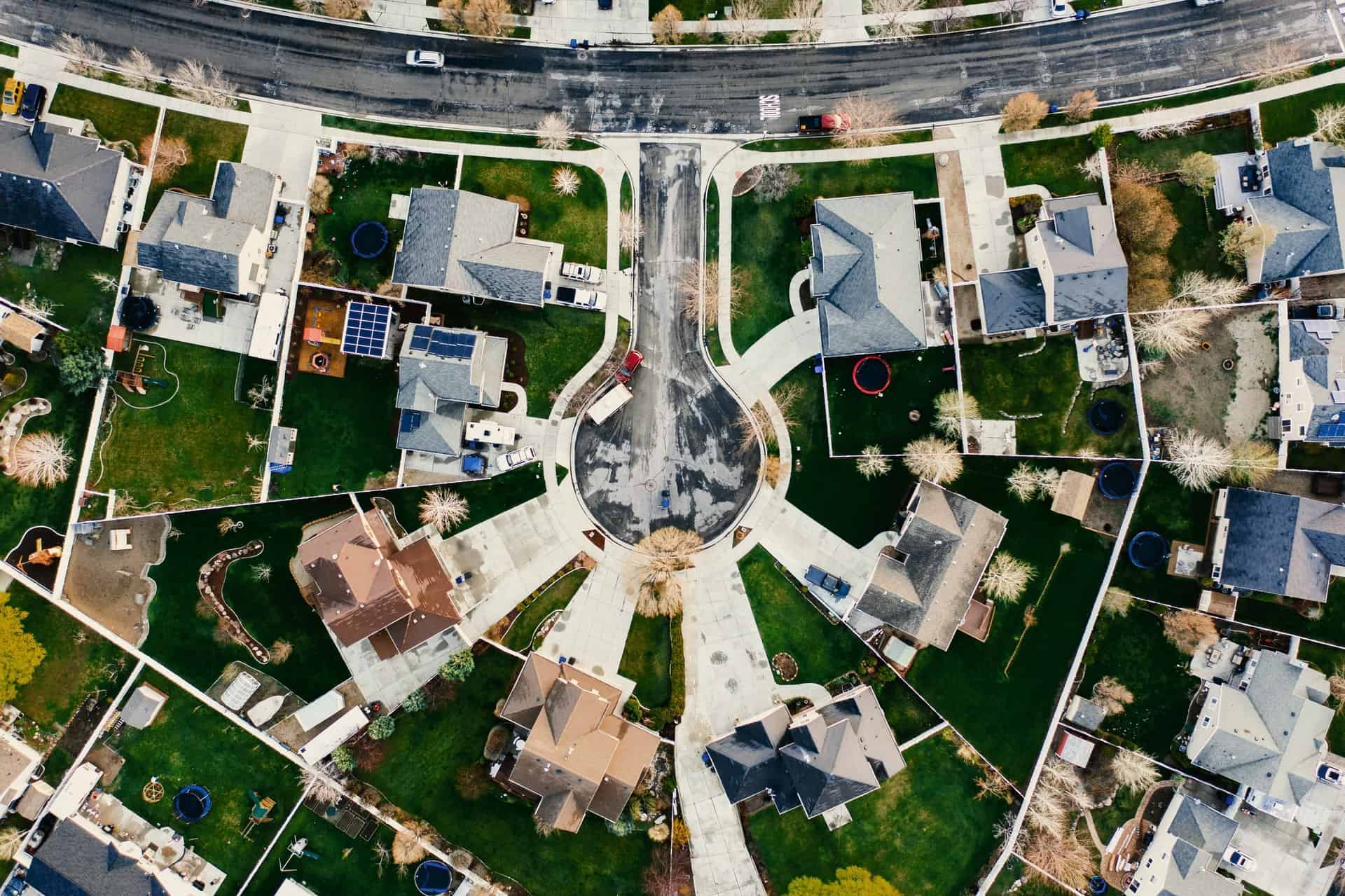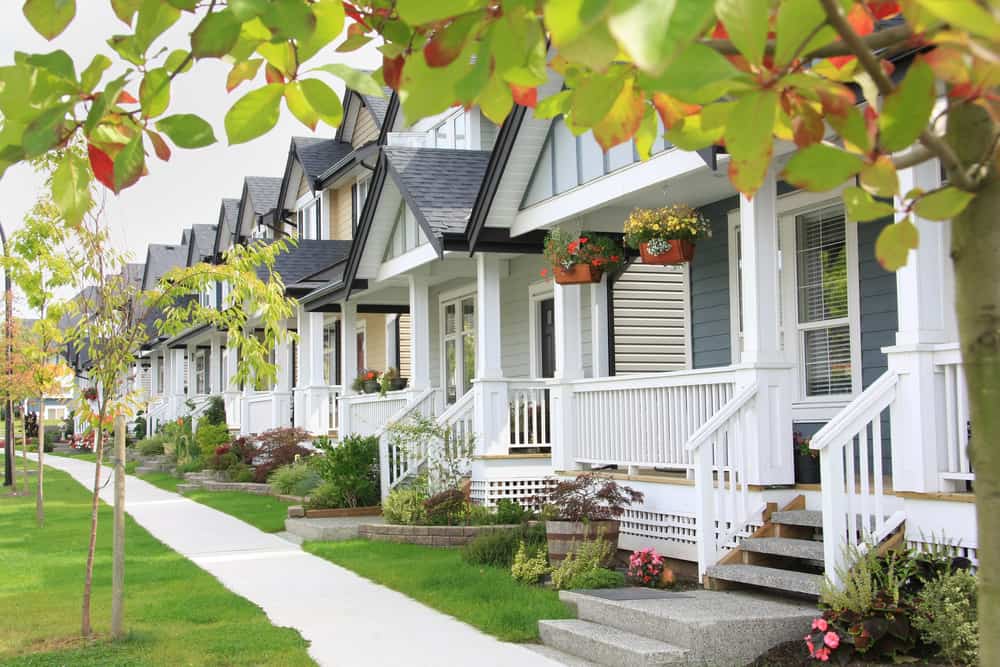HOA San Antonio Management: Guaranteeing Harmony and Prosperity in Your Neighborhood
Wiki Article
The Function of Home Owners in Shaping HOA Plans
In the realm of house owners' organizations (HOAs), the role of property owners in forming policies holds substantial relevance. House owners are not just residents but active stakeholders in the community they reside in, with a beneficial interest in the rules and policies that control their lives. Understanding just how property owners can affect and add to HOA plans is important for promoting an unified living atmosphere. By checking out the opportunities where homeowners can affect decision-making procedures, we reveal a vibrant interaction that forms the really essence of community living. Remain tuned to unwind the complex internet of homeowner involvement and its effect on shaping HOA policies.Significance of Home Owner Interaction
Home owner interaction plays a crucial duty in forming the policies and choices of home owners' organizations (HOAs) When home owners proactively join the decision-making processes of their HOA, they add diverse perspectives that can lead to even more all-round and inclusive plans. Involved house owners are much more likely to remain notified about HOA issues, participate in meetings, and supply useful responses on suggested policies. Their participation aids make sure that policies show the demands and preferences of the area they stand for.Furthermore, home owner engagement promotes a sense of ownership and accountability within the community. When locals are involved in forming HOA plans, they are most likely to follow these regulations voluntarily. This can bring about a more harmonious living setting where citizens work together towards typical goals and shared values. Additionally, engaged house owners are most likely to sustain HOA initiatives, which can lead to smoother application and greater total success.
Ways to Impact HOA Policies
Reliable involvement in homeowners' association (HOA) meetings and committees supplies citizens possibilities to influence and shape HOA policies. One of one of the most direct ways house owners can affect HOA policies is by actively taking part and participating in in HOA meetings. By articulating concerns, proposing tips, and involving in conversations during these conferences, house owners can straight affect the choices made by the HOA board. In addition, homeowners can consider running for positions on the HOA board or committees themselves. By coming to be board participants or committee leaders, house owners can straight influence the development and execution of HOA policies.In addition, property owners can collaborate with their neighbors to form a joined front when supporting for particular plan modifications or efforts. By organizing petitions, performing studies, or holding community meetings, property owners can show the level of support for their recommended plans and boost their possibilities of influencing the HOA's choices. Ultimately, by actively taking part, engaging with fellow locals, and taking on leadership roles within the HOA, house owners can properly form and affect HOA policies to much better mirror the demands and preferences of the area.

Influence of Home Owner Engagement
The active involvement of locals in homeowners' organization (HOA) activities considerably affects the policies and choices controling the neighborhood. When property owners take part in HOA meetings, supply comments on proposed plans, and participate in conversations with the board members, their input can form the instructions of the neighborhood. Home owner engagement ensures that the HOA board considers a diverse variety of viewpoints prior to choosing that influence the entire community.Furthermore, homeowner engagement can bring about increased transparency within the HOA. By actively participating in the decision-making process, homeowners can hold the board liable for their activities and make certain that policies are carried out fairly and in the most effective rate of interest of the community overall.
Furthermore, when home owners actively join forming HOA plans, they feel a better feeling of possession and satisfaction in their community (hoa san antonio). This sense of participation cultivates a stronger sense of neighborhood and encourages homeowners to interact towards typical objectives, ultimately creating a more preferable and unified living atmosphere for all citizens

Benefits of Active House Owner Participation
Energetic engagement by homeowners in homeowners' association activities contributes significantly to the improvement of community administration and cohesion. When home owners actively engage in HOA events, they bring varied perspectives and useful insights to the decision-making procedure. This involvement fosters More Info a sense of possession and responsibility among citizens, bring about a more natural and unified community.Additionally, energetic house owner involvement aids to make sure that HOA policies straighten with the requirements and choices of the area participants - hoa san antonio. By voicing their opinions and worries, homeowners can affect the development of rules and policies that promote harmony and well-being within the community. This collaborative strategy not only enhances neighborhood bonds but likewise enhances the overall lifestyle for property owners
Additionally, active home owner involvement can cause boosted transparency and responsibility within the home owners' organization. When locals are proactively taken part in the governance process, there is greater oversight and More Help analysis of decision-making, which can assist protect against potential disputes and make certain equitable and fair treatment for all participants. Ultimately, the advantages of energetic homeowner participation expand past specific families to produce an extra vivid and flourishing community.

Developing a Community-Driven HOA
Given the importance of house owner participation in shaping HOA policies, promoting a community-driven strategy is important for the sustainable governance and advancement of the neighborhood. A community-driven HOA encourages locals to actively take part in decision-making procedures, making certain that policies mirror the varied requirements and choices of the area. By motivating open interaction and collaboration in between property owners and the HOA board, a sense of common obligation and ownership is grown, causing increased fulfillment and harmony within the area.Developing a community-driven HOA involves developing systems for home owner responses, such as studies, city center meetings, or pointer boxes, to collect input on crucial problems and potential plan adjustments. Furthermore, promoting transparency in HOA operations and decision-making processes cultivates depend on and responsibility among residents. By valuing property owner viewpoints and engaging them in the governance of the area, a community-driven HOA can boost overall resident fulfillment, promote a sense of belonging, and add to the lasting health of the community.
Verdict

In conclusion, active house owner interaction plays an important duty in forming HOA plans. Developing a community-driven HOA needs continuous interaction and cooperation between homeowners and the association to make certain plans mirror the demands and preferences of the community.
In the realm of home owners' organizations (HOAs), the function of property owners in shaping plans holds substantial significance.Home owner involvement plays a vital role in forming the policies and decisions important source of house owners' organizations (HOAs)Reliable involvement in house owners' organization (HOA) meetings and boards supplies homeowners possibilities to shape and affect HOA plans. Eventually, by actively participating, engaging with fellow residents, and taking on management roles within the HOA, homeowners can properly affect and form HOA policies to better mirror the requirements and preferences of the neighborhood.
Additionally, active homeowner participation can lead to enhanced openness and accountability within the house owners' association.
Report this wiki page